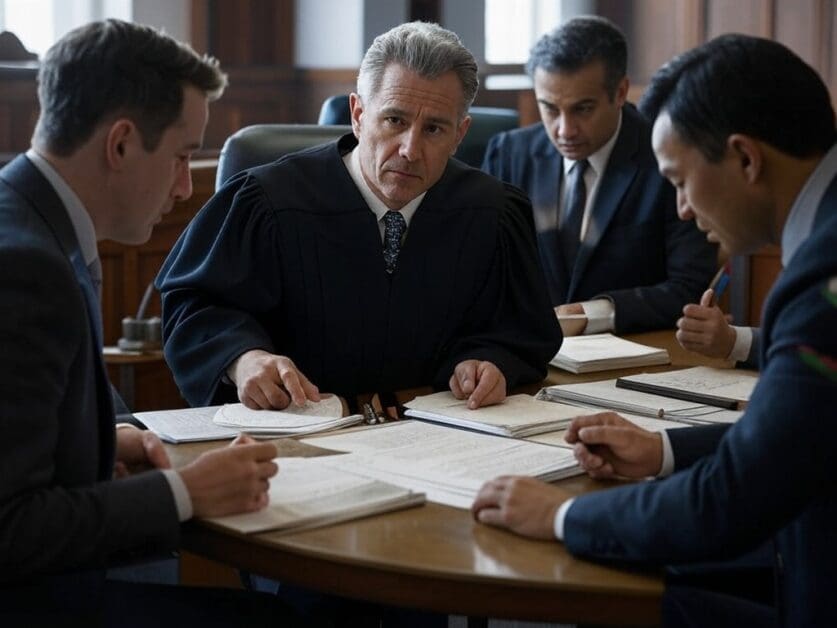Parole Hearings: Increasing Your Chances of Early Release
Parole hearings play a crucial role in the criminal justice system, offering incarcerated individuals the opportunity for early release from prison. Understanding the parole process and how to effectively present your case can significantly increase your chances of a favorable outcome. This comprehensive guide explores the key factors that parole boards consider, strategies for preparation, […]
Parole Hearings: Increasing Your Chances of Early Release Read More »









